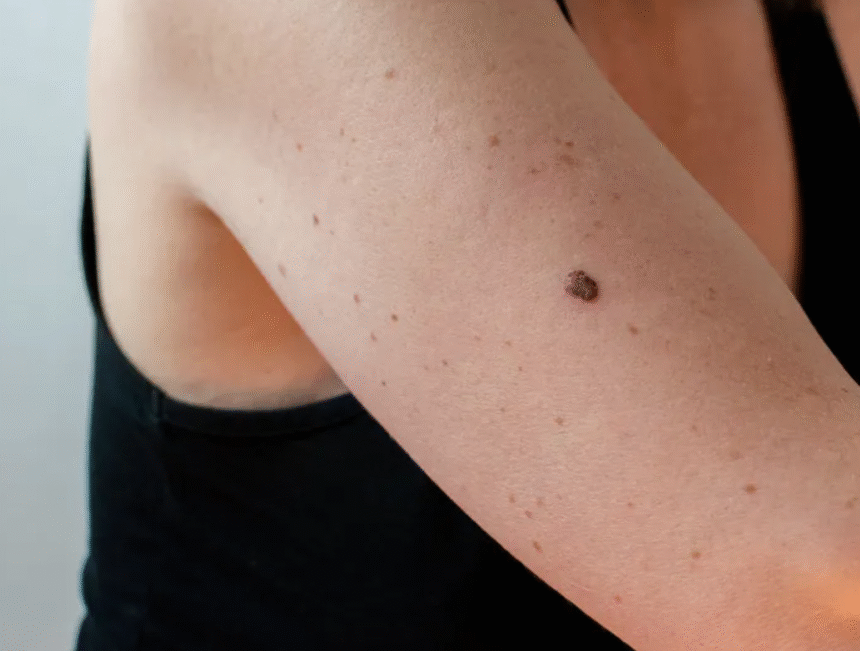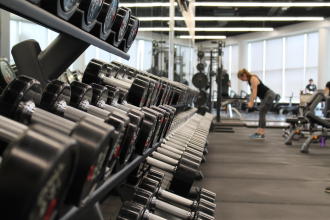Skin cancer is one of those things that often gets brushed off. “It’s just a mole,” you think, or “I’ve always had that weird freckle.” But here’s the hard truth: skin cancer doesn’t knock politely and ask permission to come in. It sneaks up quietly, and by the time you notice it, it might have already overstayed its welcome. That’s why doctors everywhere emphasize the importance of regular skin cancer checks.
If you’ve been putting off your check for skin cancer because it doesn’t feel urgent or you’re simply not sure what to expect, this post is for you. From understanding why these checks are essential to learning what happens during a visit, consider this your nudge to book that appointment today.
Why Getting Checked for Skin Cancer is Essential
Did you know that skin cancer is the most commonly diagnosed cancer in the United States? Over 5 million cases are treated each year. Thankfully, early detection has an incredible success rate. Most forms of skin cancer, including melanoma (the deadliest type), are highly treatable when caught early.
Yet, some people skip their skin checks because they don’t see visible symptoms or mistakenly believe they’re not at risk. But here’s the catch: skin cancer doesn’t always scream for attention. You might not see obvious signs until the later stages, making regular examinations your best defense.
Common Myths About Skin Cancer
It’s normal to have questions (and, let’s be honest, excuses) about skipping a skin cancer check. But let’s tackle some myths:
- “I’m not at risk because I don’t sunbathe.”
Even if your beach selfies are nonexistent, incidental sun exposure, like driving or sitting by a sunny window, adds up over time. Skin cancer doesn’t discriminate against habits.
- “I have darker skin, so I’m safe.”
While the risks are lower, people with darker skin tones can still develop skin cancer, often in areas not traditionally exposed to the sun (like the soles of the feet).
- “I’ll only worry if it looks suspicious.”
Some cancers don’t look alarming. Signs can be subtle, which is why a professional check for skin cancer is so important.
Who Needs Regular Skin Cancer Checks?
While everyone benefits from skin screenings, some individuals should prioritize them:
- Anyone over 50 (risk increases with age).
- Fair-skinned individuals who sunburn easily.
- People with a history of tanning bed use.
- Anyone with a family or personal history of skin cancer.
- Those with a lot of moles or spots on their skin.
If you fall into any of these categories, it’s best to treat a skin cancer check as a crucial part of your health routine.
What to Expect During a Skin Cancer Check
Worried that an appointment might be awkward or uncomfortable? You’re not alone. But there’s nothing to be anxious about. Here’s what typically happens during a check-up.
- Initial conversation.
Your doctor will ask about your medical history, any changes in your skin, and any concerns you may have. This is your chance to mention that mole that’s been bothering you or that itch that won’t go away.
- Full-body examination.
Your dermatologist will inspect your skin from head to toe, including those hidden areas like between your toes and under your nails. Keep in mind that this is a judgment-free zone. Dermatologists have seen it all, and their goal is to keep you healthy—not to critique your skin.
- Addressing concerns.
If anything looks suspicious, your doctor may take a closer look with a dermatoscope (a magnifying tool). Sometimes, they might recommend a biopsy, which involves removing a tiny sample of skin for lab tests. This sounds scarier than it is, often taking just a few minutes.
That’s it! Most skin cancer checks are quick, and you’ll leave with peace of mind or a game plan for further care.
Simple Prevention Tips to Protect Your Skin
While regular checks are essential, prevention is your first line of defense. Here’s how you can protect your skin every day:
- Use sunscreen daily. Choose a broad-spectrum sunscreen with at least SPF 30, and reapply every 2 hours if you’re outside.
- Seek shade. Avoid direct sunlight during peak UV hours (10 a.m. to 4 p.m.).
- Cover up. Wear hats, sunglasses, and protective clothing when spending time outdoors.
- Avoid tanning beds. Artificial UV rays are just as harmful as natural sunlight.
Remember, small habits add up to big results when it comes to skin health.
The Emotional Side of Skin Cancer Screening
It’s natural to feel a bit of fear around the idea of skin cancer. What if the doctor finds something? What if it leads to an overwhelming diagnosis? These thoughts are completely valid, but here’s the flip side of that coin: early detection grants you control.
Catching skin cancer early means more options, simpler treatments, and the best chance at recovery. Choosing to book that appointment is a proactive step toward staying healthy and living life fully.
If you’re still hesitant, remember this. The majority of people who’ve had a skin check walk away with reassurance that there’s nothing concerning. But for those few who did have an issue, that early appointment made all the difference.
Caring for Your Skin Starts Today
Your skin is the largest organ of your body and deserves just as much TLC as your heart, lungs, and everything in between. By prioritizing your annual check for skin cancer, you’re investing in more than just your health; you’re protecting your peace of mind too.
Don’t wait another day to take charge of your skin health. Call your dermatologist, book an appointment, and give yourself credit for taking this smart, proactive step.













